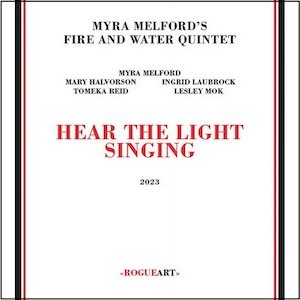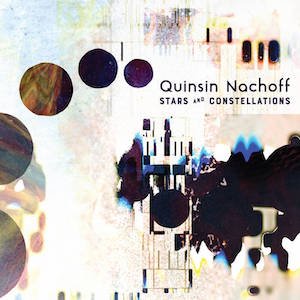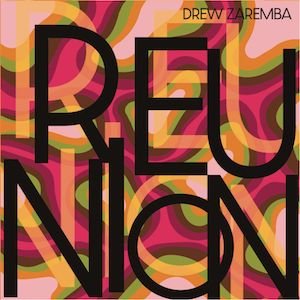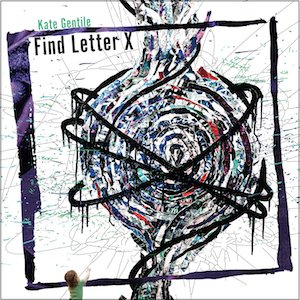Label: JACC Records, 2023
Personnel - Marcelo dos Reis: guitarra; Miguel Falcão: bass; Luis Filipe Silva: drums.
Portuguese guitarist Marcelo dos Reis leads a trio featuring Miguel Falcão on bass Luis Filipe Silva on drums. His improvisatory prowess shines in Flora, a collection of six original pieces that acts as a gateway to rich musical realms not necessarily tied to jazz.
The trio displays a progressive attitude in “Big Tree”, where a guitar figure with angular dimension and rhythmic purpose sets the tone for a palpable, enlightened, and harmonically stabilized art-rock flux with folk melodic trajectories. The music is far from static, with a frantically swinging underpin initiated through an exalted bass spirit and agitated drumming. The rock influence persists but unfolds with vast moods, textures, and influences capable of surprising the listener.
“Amanita” delves into experimental ambient territory with airy substance and a drone in the background. Midway, it pivots on a parallel execution between guitar and bass, leading to a resolution of the accumulated tension. The piece segues into “Tampanensis”, whose vigorous bass lines and daredevil guitar warps infuse a New Wave/post-punk tinge that find support in Silva’s danceable krautrock rhythm.
The group fearlessly explores dynamics, and “Cornelia” ventures into darker grounds painted with luscious Eastern colors. It’s as if Joy Division and Mahavishnu Orchestra fused to create spasmodic alternate gushes of sound. The trio cuts loose on “Sky Blue Petunia”, a forward-moving exercise orchestrated with audacity, where the psychedelic dance-rock of The B52’s meets the defiant and irreverent swinging jazz of The Lounge Lizards.
The album comes to a close with “Full Sun”, structured with an 11-beat cycle, propelled with drive and unity, and sending out jazzy and bluesy vibes. There’s a shift in texture and tempo for a robust and dense funk-rock-infused finale. Flora contains well-played evocative music that demands attention without being flashy, confirming dos Reis as a gifted guitarist to watch in the future.
Favorite Tracks:
01 - Big Tree ► 02 - Amanita ► 04 - Cornelia








































